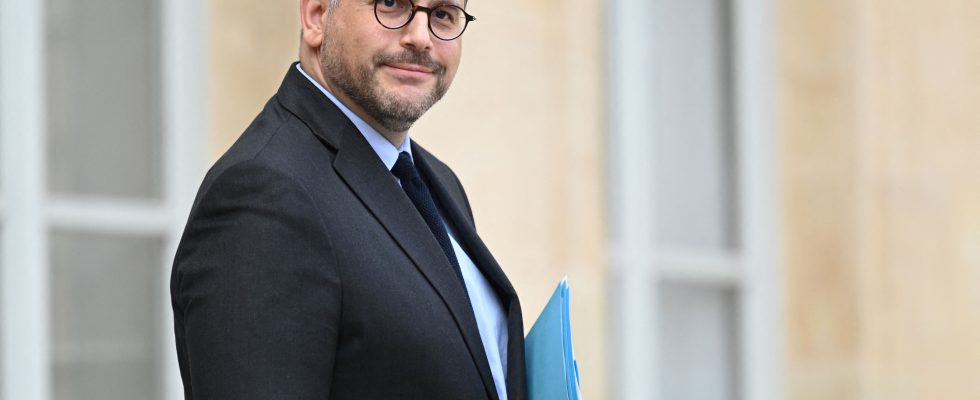Sacrosanct transparency, which has become another name for virtue, imposes itself, as we know, on all those who, foolishly, claim to serve sometimes public institutions, sometimes private companies. Statements to the comma, heritage striptease, methodical media exposure: transparency is the panopticon public voyeurism. Formerly, the sheets of the newlyweds of the previous day were spread out at the window to attest by some characteristic smudge that the young bride had not made a mistake before marrying, today figures are exhibited in feverishly filled boxes to determine the moral virginity of aspirants to high public offices. You really have to be François Hollande to rejoice, like Doctor Frankenstein of French democracy, in the prosperity of the inquisitorial monsters he has created, to the point of wishing that our European neighbors would take inspiration from them. Alas, his good-natured joy at having saved good morals within public institutions has just come up against a few singular episodes.
First, it was the appointment of Aurélien Rousseau as Minister of Health which inspired suspicions about the conflict of interest represented by the fact that his wife occupies the position of No. 2 of Public Assistance, under the supervision of said Minister. The deontologists seized indicated that the employment of the wife being public, no conflict of interest was possible (note in passing that, for these authorities, the vice begins where the reign of the administration ends, but let us pass). Nevertheless, the pressure increases; acerbic comments fuse. A certainly tedious offset mechanism is being prepared, which will be difficult to apply.
Then, it was the parliamentarian Marc Ferracci, one of the best French specialists in the labor market, who was suspected by Blast to be in conflict of interest by being the rapporteur of the bill for full employment: he is a shareholder in a company run by his father which Blast believes will benefit from the new device. The company in question has certainly attested to not being in a business relationship with the public entities concerned by the law, the ethics officer of the National Assembly may have given the green light, Marc Ferracci had no choice but to give up in order to preserve this project from this media interference, and to prepare his defamation complaints.
And then it was Mrs. Scott Morton, an American that Commissioner Vestager would have liked to appoint to the Directorate General for Competition in Brussels. Alas, Ms. Scott Morton is American, worked for the Obama government, and was a consultant for various Gafa firms. Conflict of interest, again, felt at all levels. Nothing, of course, comes to attest that Fiona Scott Morton would have behaved as a Trojan horse of the Gafa. Certain elements suggest that she has rather rare skills on the subject. And that, in any case, the European project cannot be to completely oust the Gafa from the digital horizon, but to regulate them intelligently. Regardless, Mrs. Scott Morton saw her case heard quickly, and gave up.
In all three cases, we are dealing with personalities who have chosen the State, sometimes after having served in the private sector but not always, to get things done, and who demonstrate in this ambition both their taste for the general interest and their preference for certainly less lucrative jobs. In all three cases, we sniff out the vice at work, we track down misdeeds, we calculate infamy. Yes, we are in the process of completely unlearning to respect or even admire such journeys, which, not long ago, would have aroused keen interest and a certain respect. Abandoning the consideration of merits, we imagine schemes, set-ups, undue confidences, and even we desire them, to attest to the corruption of the elites, and in return feed the populist fantasy machine. It is no longer even a confrontation between public and private, it is a programmed stunting of the skills placed at the service of political action, which so much suspicion drives away and sickens. It is mistrust as a mode of political regulation. Virtuism everywhere, ethics nowhere. Come, let us console ourselves! We still have, to assume the most eminent functions with the most recognized competence and the most unbreakable morality, the always dashing François Hollande!
